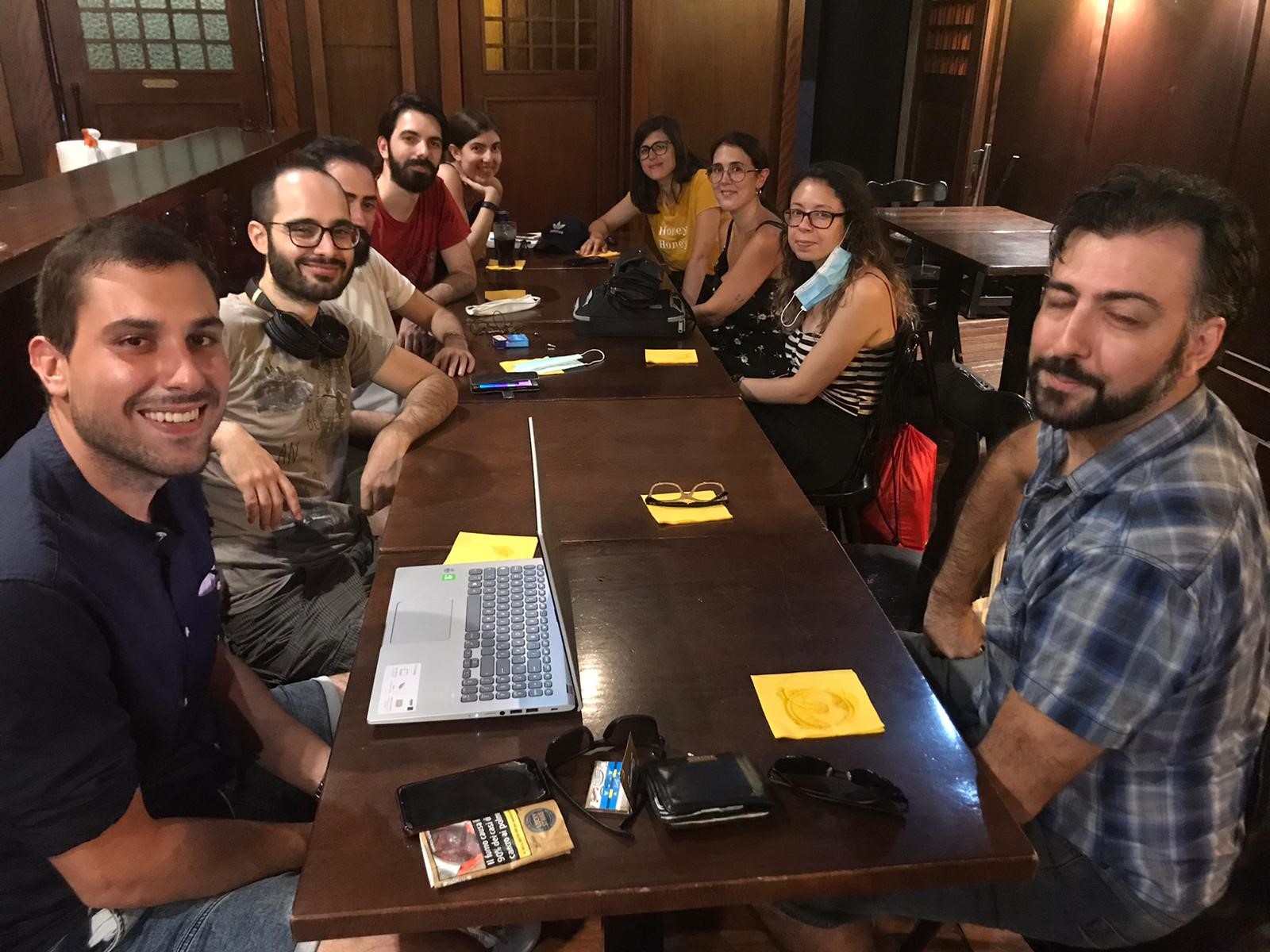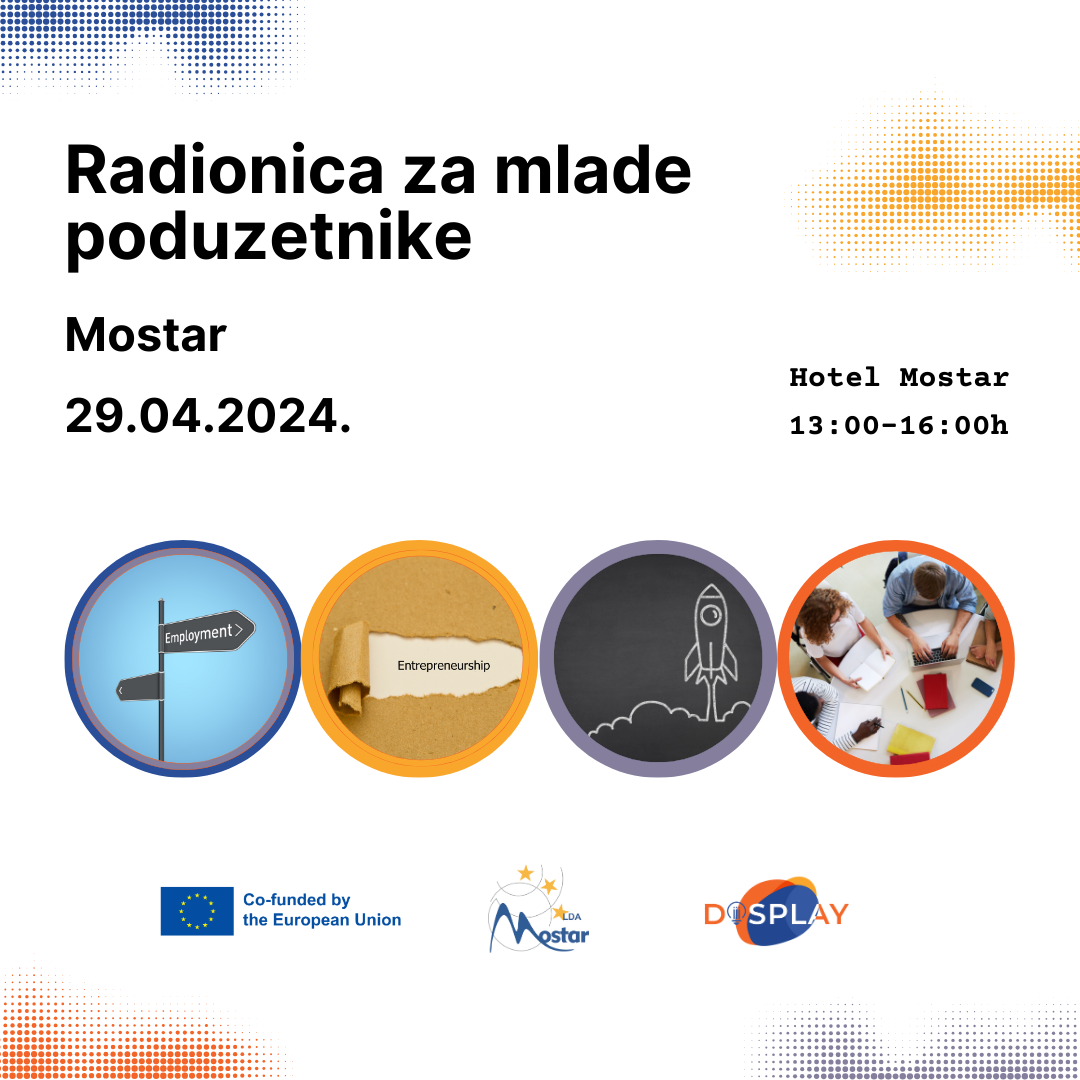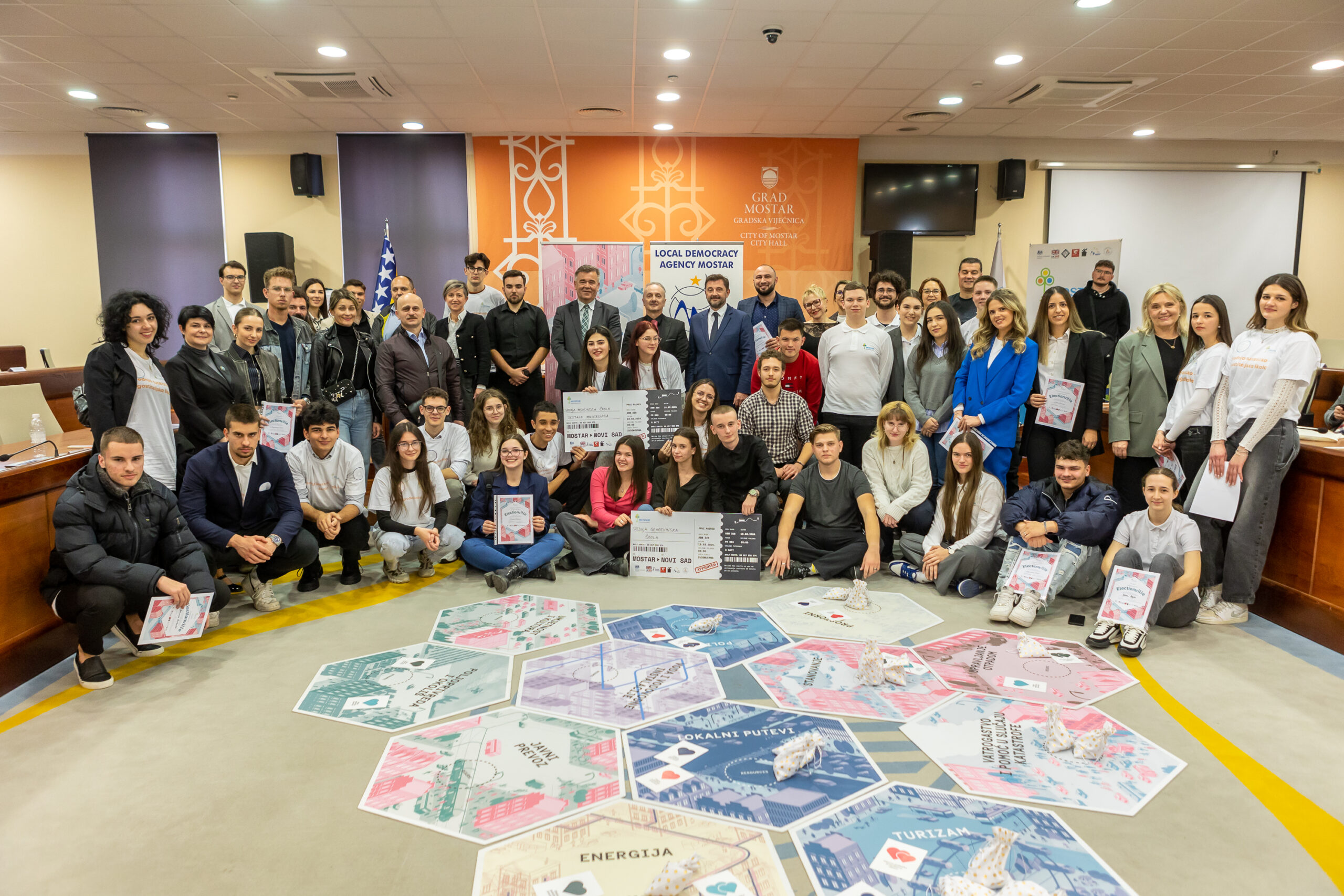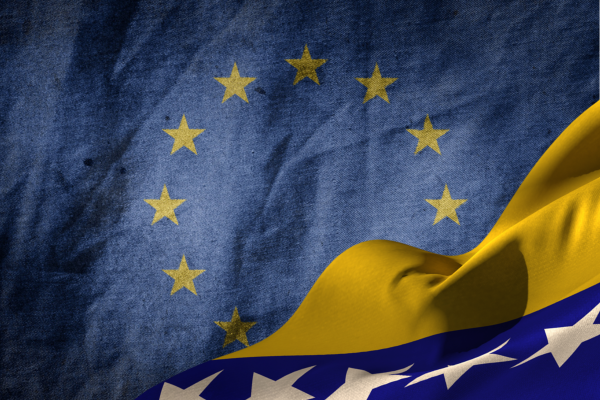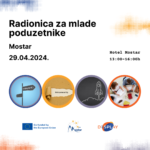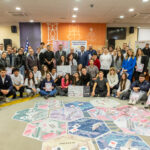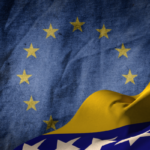Focus Group
Project “YOUth Ambassadors of Non-Formal Learning”
Country: Italy
Organization: Associazione TDM 2000
Facilitator: Alberto Cossu & Federico Gaviano
Date and location: 02.07.2020 – face to face
List of questions for Focus Group
- Do you think for NFE is important age, gender, nationality?
- What does NFE mean to you? Can you define?
- Have you ever been a participant in an NFE program? If yes – in which one?
- Do you know something about Youth Law / Strategy / Action Plan, as well as other documents related to youth?
- Have you ever participated in the youth decision-making process? If yes, in which one?
- Do you think that more support from the Government is needed to improve the status of young people and in the NFE sphere? If yes, what are the benefits of this, and what are the disadvantages?
- Does NFE activities help you for your personal development. If yes, how? If not, why?
- For you, why is it important to be involved in activities through non-formal education?
- Does virus Covid19 influence on non-formal education and how in your opinion?
After presenting to the group the purpose and characteristics of the project, we proceeded with the discussion, gathering new information and perspectives. In the field of non-formal education it was found that the variable “age” can be important and relevant, because within a group with too distant age groups there can be inhomogeneity, the perspectives of the participants can be too different as well as the degree of interest and participation. This also depends on the type of project, both in terms of the key action and the theme. However, it is important to recognise that often, precisely from these differences, interesting insights, useful for learning, emerge. Speaking of gender, it is preferable that it is well mixed, so as not to create an imbalance and inhomogeneity in the group. Nationality can, in the same way, be determinant, since there could be some conformity of thought within the same national group, differences in terms of interest and approach according to “national” opportunities, elements that can create elements of fracture or growth.
We did not want to limit ourselves to the formal definition of non-formal education, discussing how important and present it is for each of us in our lives.
Some elements emerged in the discussion are that it can be seen as complementary experience, someone mentioned unplanned experience. Other inputs were that NFE is useful to the completion of one's own profile, it represents an opportunity, a fun way to learn, leading to more union and bonds among participants. It has been also defined as a learning methodology in which one learns by learning, in which everyone fills the gap of others, and it’s a structured experiential learning with learner centrality.
All participants in the group were included and involved in non-formal education programmes and projects, especially in the field of international mobility, i.e. training courses, youth exchanges, seminars, animation activities, etc..
Speaking about youth policies, different perspectives emerged: in Italy the role of the Youth Worker is not recognized and defined, there is a “White Paper on Youth Policies” and publications of the European Council (Charter for the active participation of young people). There are also regional laws, for example in Sardinia the law on youth mobility (law 3 paragraph 9) has been stipulated, which, however, has not generated effects. We are therefore facing a context of uncertainty and confusion, especially for those who are not particularly skilled and informed in the field.
Since the participants in the focus group are all young people who have either volunteered in some association, or participated in mobility projects, some have participated in the decision-making process within projects where national and international European recommendations have been developed, especially in projects with KA2 and KA3.
In the group there is a homogeneous line of thought regarding a hypothetical greater intervention and support from Government and Institutions. We talked about the possibility of creation of youth centres or spaces for gathering, often non-existent. Also we talked of the possibility of developing policies at local level that are currently not implemented, of promoting active citizenship through non-curricular/school passages,of integration of additional educational opportunities in the university curricula, where usually only the classic erasmus study is promoted and proposed, but all existing training opportunities are currently not offered and publicized enough.
These requests arise from the need and the desire to improve oneself, to develop one's skills, which, from the direct experience of the group, have been decisively improved through non-formal learning. Among the main learning points of our group developed through NFE we find: exit from the comfort zone, therefore the ability to react to unplanned situations; adaptation; increasing self-esteem; knowing who you are, your limits and overcoming them; creating new skills; possibilities for growth and discovery; and more.
In closing, the impact of Covid-19 and the hypothetical pros and cons of mobility born with the pandemic were discussed. Several existing projects were blocked, “fear towards the other” and the impossibility of mobility were born, the “perception” that non-formal education can be digital was developed, new digital tools became known, and there is a thought that mobility can be resumed by mixing a digital part with physical presence. All of these elements carry positive but also negative aspect, as we believe that the importance of carrying out activities in presence is much more than important, but maybe adding elements of virtual mobility. The possibility of travelling has been already re-evaluated meanwhile, as before we were taking too many things for granted, while now we care more about the opportunities we might have.

